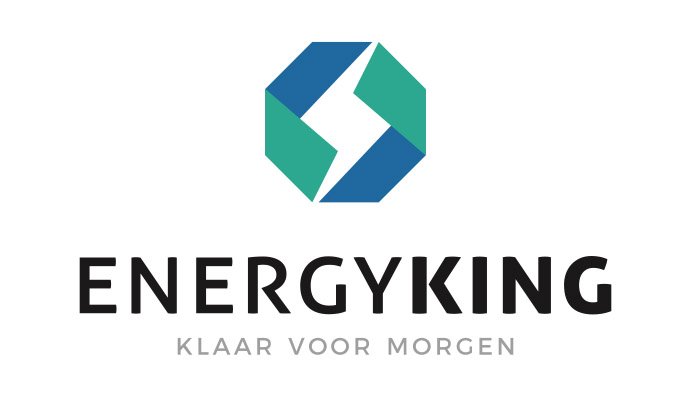In the Netherlands and other European countries, the dynamic energy contract has been around for a while, but in Flanders it is still in its infancy. With the arrival of Frank Energie, the Dutch number two, in Flanders, it is high time to take a closer look at this innovative energy contract. How exactly does it work? Is it worth it? Can you really save with it? And what pitfalls lie in wait? In this blog, we answer nine burning questions about the dynamic energy contract.
1. What is a dynamic energy contract?
A dynamic energy contract is an innovative approach to the traditional system where electricity prices are calculated hourly and gas prices are calculated daily. This means that rates fluctuate constantly based on supply and demand in the energy market. In other words, you never pay more than the current market price at the time of consumption.
2. How does the dynamic energy contract work?
With a dynamic energy contract, you get insight into current energy prices through an app or online dashboard. These prices can vary from hour to hour, depending on factors such as weather, demand for energy, and the availability of renewable sources such as solarand wind power. You can control when you consume energy, thereby optimizing your costs.
3. When is it interesting?
A dynamic energy contract can be especially interesting for households that are flexible in their energy consumption. For example, if you are able to run large energy consumers such as washing machines and dishwashers when energy prices are low, you can save significantly on your energy bills.
4. How much can you save with it?
The potential for savings with a dynamic energy contract is significant. Some users report savings of up to 20% on their energy costs. However, this can vary greatly depending on your energy usage and how much you can take advantage of fluctuating prices.
5. What are the pitfalls?
While a dynamic energy contract offers many advantages, there are also pitfalls to consider. First, it is important to understand how the system works and how to optimize it. In addition, the unpredictability of energy prices can be stressful for some people. Also, you may have higher costs during certain periods than with a fixed rate.
6. Is it suitable for everyone?
A dynamic energy contract is not for everyone. If you have a fixed monthly budget and are not willing to adjust your energy consumption based on prices, it may not be the best choice for you. However, people with variable energy use and a willingness to adjust their pattern will benefit the most.
7. How do you find the right dynamic energy contract?
To find the right dynamic energy contract, it is important to compare different providers. Look at the pricing structures, the cost of the contracts and the tools available to manage your energy consumption. Also, read other users' reviews to get an idea of their experiences.
What can we conclude from this?
In conclusion, the dynamic energy contract offers an exciting new approach to energy consumption that focuses on flexibility and savings. If you are willing to take the time to understand the system and adjust your energy use, it can be an excellent choice. However, it is important to do proper research, compare your options and determine if it fits your lifestyle before taking the plunge. The future of energy lies in the hands of innovations like the dynamic energy contract, and it's up to us to make the most of them.





